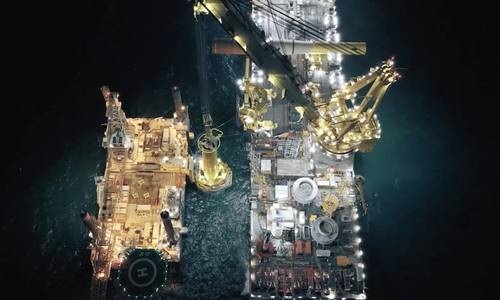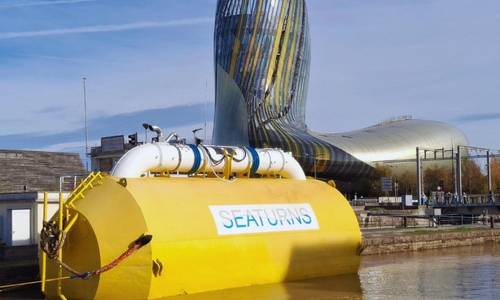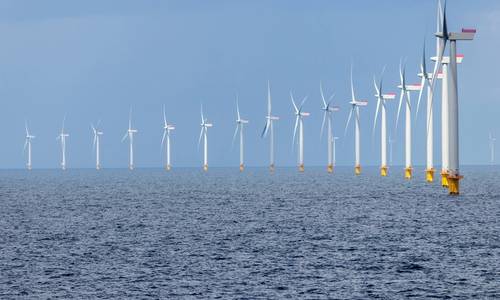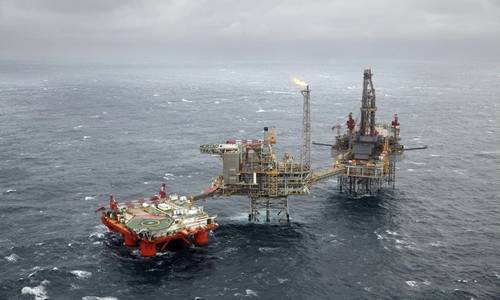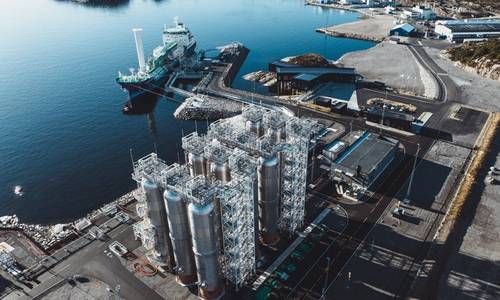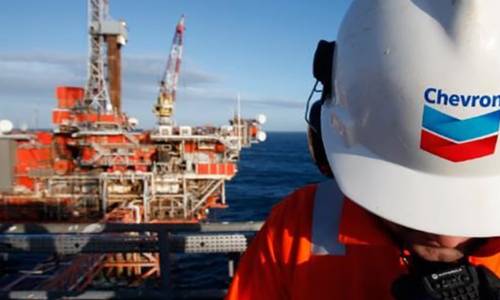Study: Allseas SMR Tech Seen as Key Maritime, Industry Decarbonization Tool
November 17, 2025

Allseas’ small modular reactor (SMR) technology could generate up to $150 million billion in economic value for the Netherlands and create as many as 40,000 new jobs by 2050, according to an impact study released on Monday by the offshore engineering group.
The study, conducted by consultancy Roland Berger, found that deploying the company’s 25 MWe / 70 MWt high-temperature gas-cooled SMR could also help cut grid congestion, strengthen energy security and deliver major emissions reductions across Dutch industry and the global maritime sector.
Allseas launched a five-year plan in June 2025 to develop and deploy its SMR on offshore vessels and onshore industrial sites. The reactor is being developed with NRG PALLAS, TU Delft and other partners, with the first units targeted for operation by 2030.
The report said the compact and scalable design makes the reactor suitable for offshore operations, commercial vessels, port areas and industrial clusters such as chemical plants, steel facilities, refineries and data centers. It can also supply autonomous power for defense infrastructure and high-demand growth sectors including semiconductors, AI, quantum technology and supercomputing.
Roland Berger estimates potential for installing up to 110 SMRs on land in the Netherlands and 700 in the global maritime sector. The technology could deliver up to 65 megatonnes of CO₂ reductions annually by 2050 – equivalent to the emissions of 3.5 million homes.
Economic contributions would come from direct investments by Allseas and its supply chain, as well as wider growth in industry and maritime sectors. The company believes its SMR deployment could help retain 10,000–15,000 jobs and create 35,000–40,000 new skilled positions.
The study found that generating energy at the point of use could support the Dutch grid by easing congestion, unlocking €46 billion in additional economic activity and avoiding as much as €14 billion in high-voltage grid investments out of the €121 billion planned through 2050.
The reactor is designed to deliver clean electricity at prices competitive with fossil and renewable sources, while supplying industrial heat of up to 650°C at lower cost than gas turbines or renewable heat technologies. The report said these features significantly improve the energy security of Dutch industry.
Allseas’ SMR could enable emissions cuts of up to 25% (10 megatonnes annually) in Dutch industry and up to 5% (55 megatonnes annually) in the global maritime sector by mid-century.
“This study demonstrates our small modular reactor is technologically innovative and strategically valuable for the Netherlands.
“With this technology, we can meet the urgent demand for stable, clean, and affordable energy, while creating an export product that accelerates the global energy transition,” said Stephanie Heerema, Project Manager Nuclear Developments at Allseas.
According to Allseas, Roland Berger validated the findings with institutions and experts including TNO, COVRA, Urenco and the Port of Rotterdam. The conclusions will support the company’s long-term nuclear development strategy.
“As a responsible family-owned company, we always take a long-term view. The conclusions of this study show exciting potential for our technology to address today’s challenges and strengthen our commitment to executing our five-year plan,” added Heerema.

